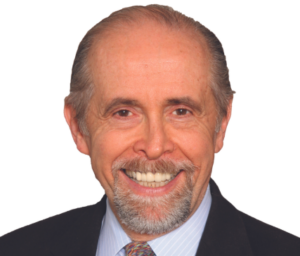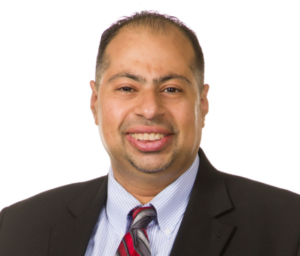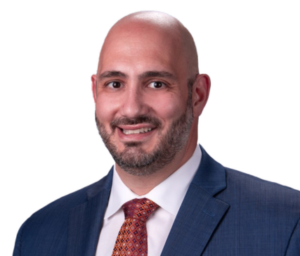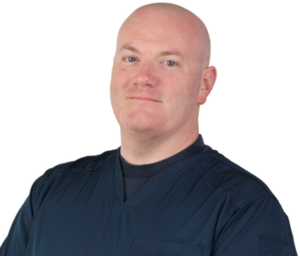Millions of Americans experience a heart condition or illness each year. Inspire Health Medical
Group—Cardiology specializes in diagnosing and treating the entire spectrum of cardiovascular issues. Our specialists work collaboratively with primary care physicians to develop an effective and comprehensive care plan for each patient. Their compassionate, patient-focused approach means every individual receives the attention and care they deserve as they work toward better health. This ensures that the delivery of cardiovascular care through both inpatient and outpatient services is uninterrupted.
Additionally, our providers hold faculty appointments with the UCSF School of Medicine. As such, it brings added rigor and greater expertise to every patient, providing more comprehensive, advanced, and, most importantly, inspired cardiovascular care.
Our office provides the following services:
Advanced cardiac imaging
- Cardiac MRI
- Cardiac CTA and cardiac calcium score
- Transesophageal echocardiography
- Strain imaging with echocardiogram
Advanced heart failure treatment
Cardio-oncology services
Cardiac testing – in office
- Nuclear and echo stress testing: treadmill and pharmacologic
- Holter, event monitoring, implantable LOOP recorder
- Remote pacemaker and defibrillator monitoring
- Carotid doppler, ankle brachial index (ABI)
Electrophysiology services
- Pacemaker, defibrillator implantation
- Atrial fibrillation and all arrhythmia ablation
- Watchman device placement
High-risk maternity management
Interventional and structural cardiology procedures
- Diagnostic angiography
- Stent placement
- Hemodynamic invasive assessment right heart catheterization
- Congenital heart disease procedures (ASD, PFO, PDA closure)
- MitraClip, TAVR
- CardioMem
- High-risk stenting with mechanical assist
- Tricuspid valve percutaneous repair









